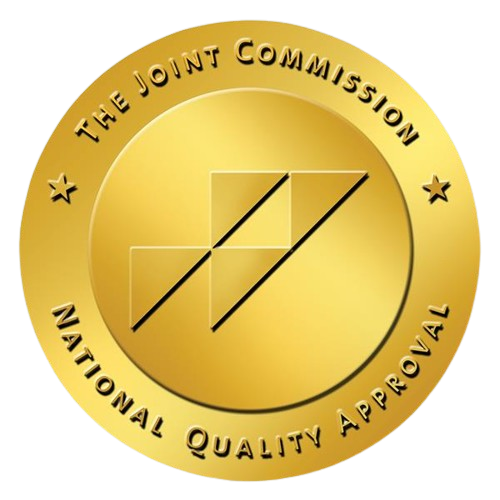Childhood trauma, encompassing experiences like abuse, neglect, or witnessing violence, can leave deep, lasting wounds that extend far beyond the immediate emotional pain. The impact of these early adversities can be profound, shaping the developing brain in ways that increase vulnerability to addiction later in life.
The Brain Under Stress
When a child faces trauma, their brain’s stress response system activates, releasing a flood of hormones like cortisol to help them navigate the threat. However, chronic or severe trauma can dysregulate this system, leading to long-term hypersensitivity to stress. The brain regions responsible for emotional regulation, memory, and decision-making, such as the amygdala, hippocampus, and prefrontal cortex, can be particularly affected.
The Reward System Hijacked
Trauma can also disrupt the brain’s reward system, making it difficult to experience pleasure or satisfaction naturally. This can create a void that individuals may attempt to fill with substances or behaviors that trigger the release of dopamine, a neurotransmitter associated with pleasure and reward. The temporary relief offered by these substances can become a powerful coping mechanism for the emotional pain and anxiety stemming from past trauma.
The Cycle of Addiction
The combination of a dysregulated stress response and a compromised reward system creates fertile ground for addiction. The brain, once accustomed to the intense dopamine rush from substances, begins to crave it, leading to compulsive seeking and use despite negative consequences. The shame and guilt associated with addiction can further exacerbate the underlying trauma, creating a vicious cycle that’s difficult to break.
Breaking the Cycle
While the link between childhood trauma and addiction is undeniable, there is hope for healing and recovery. Therapies like cognitive-behavioral therapy (CBT) and trauma-focused therapy can help individuals process their trauma, develop healthy coping mechanisms, and rewire their brains. Support groups and mindfulness practices can also provide crucial support and connection.
Understanding, Not Judgment
It’s essential to remember that addiction is not a moral failing but a complex response to overwhelming experiences. By recognizing the profound impact of childhood trauma on the brain, we can shift from judgment to understanding, offering compassion and support to those struggling with addiction.
Remember, healing is possible.



